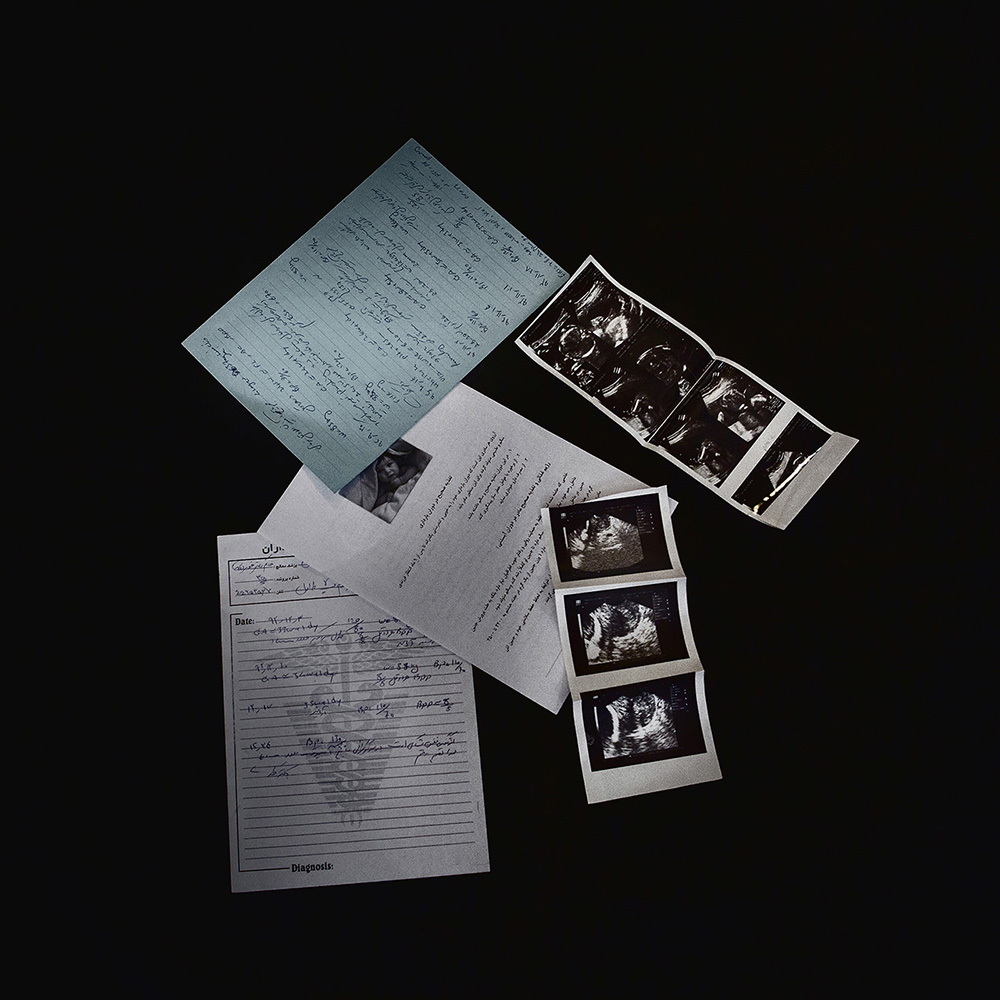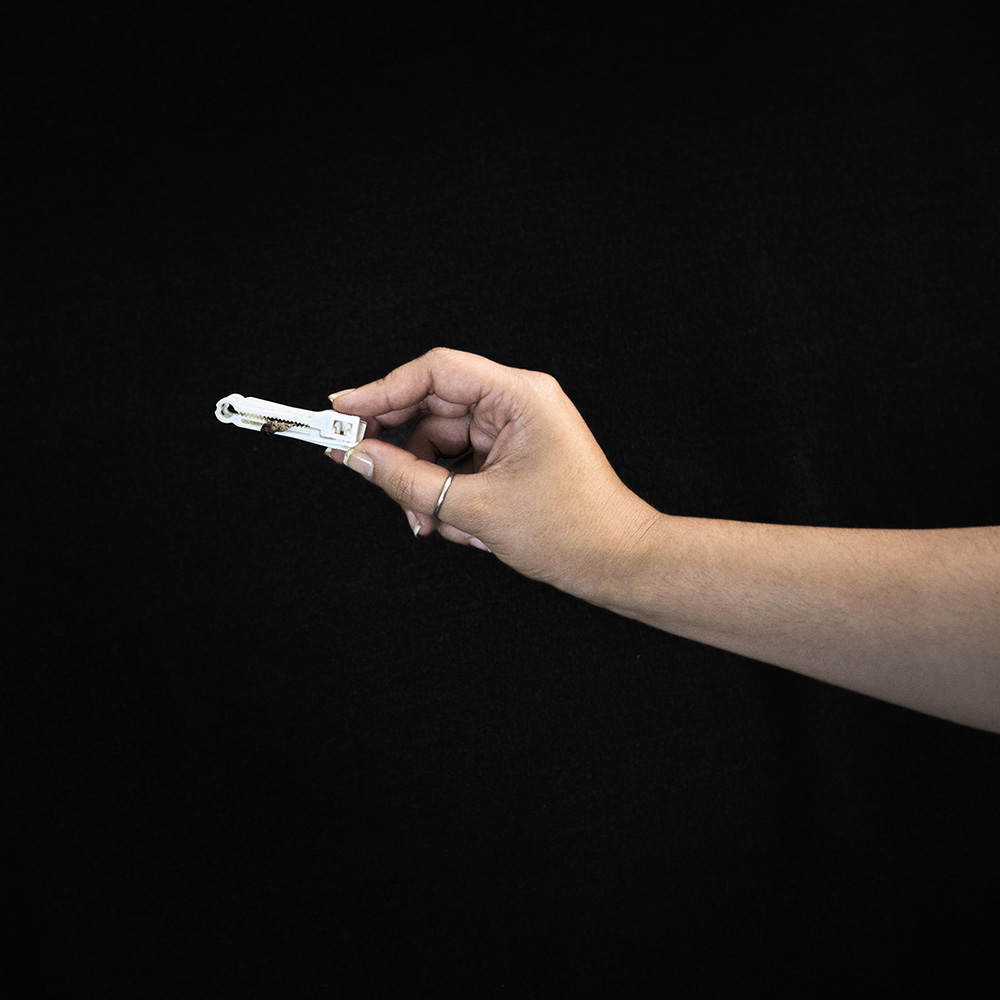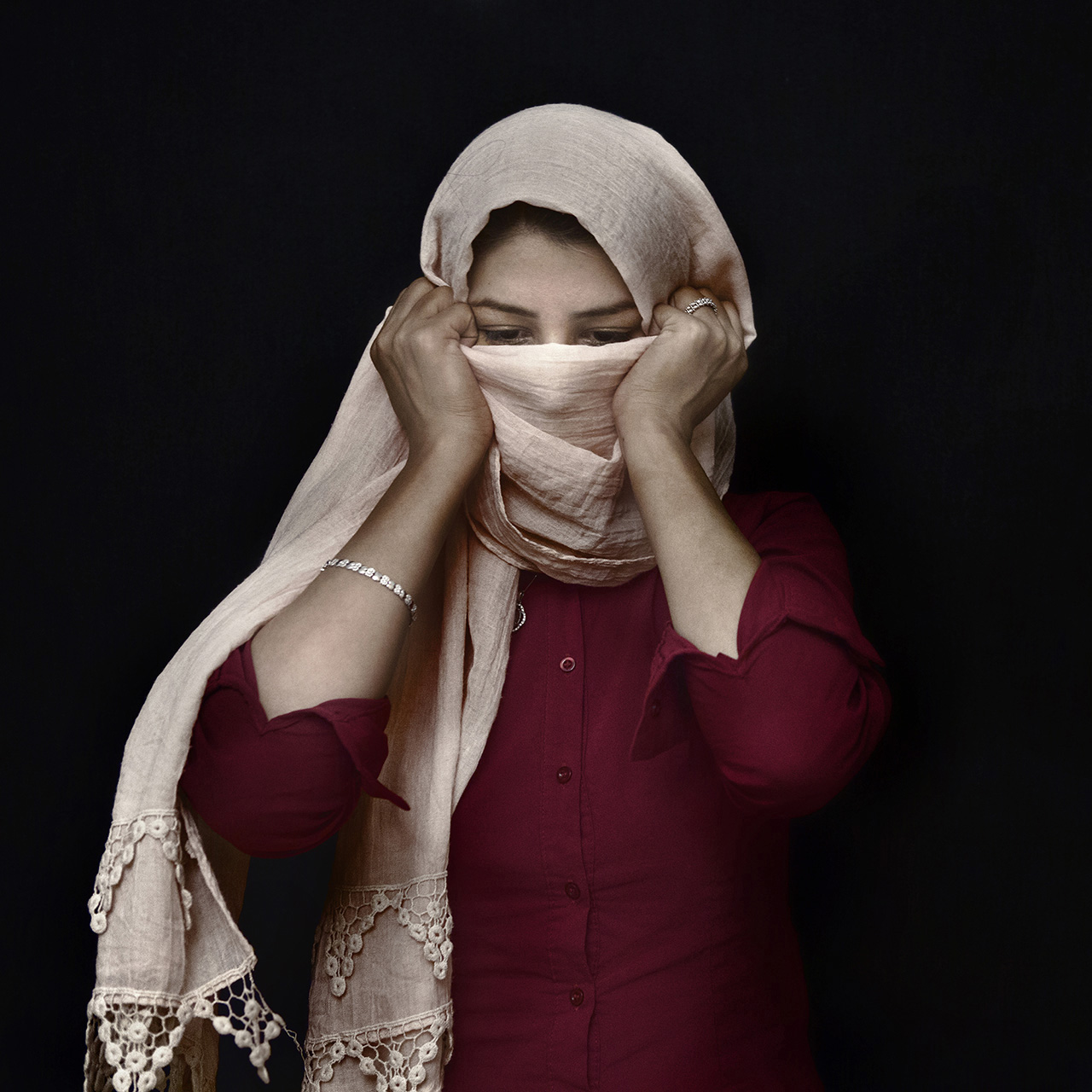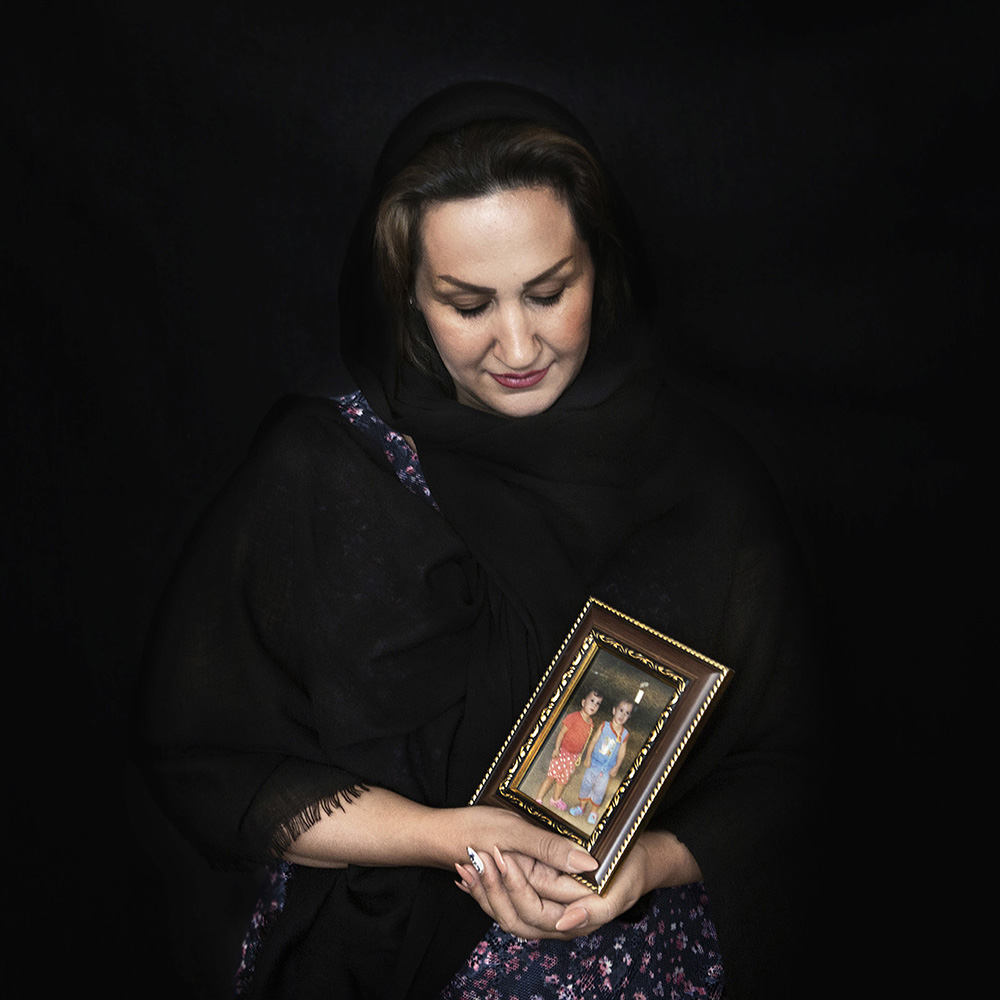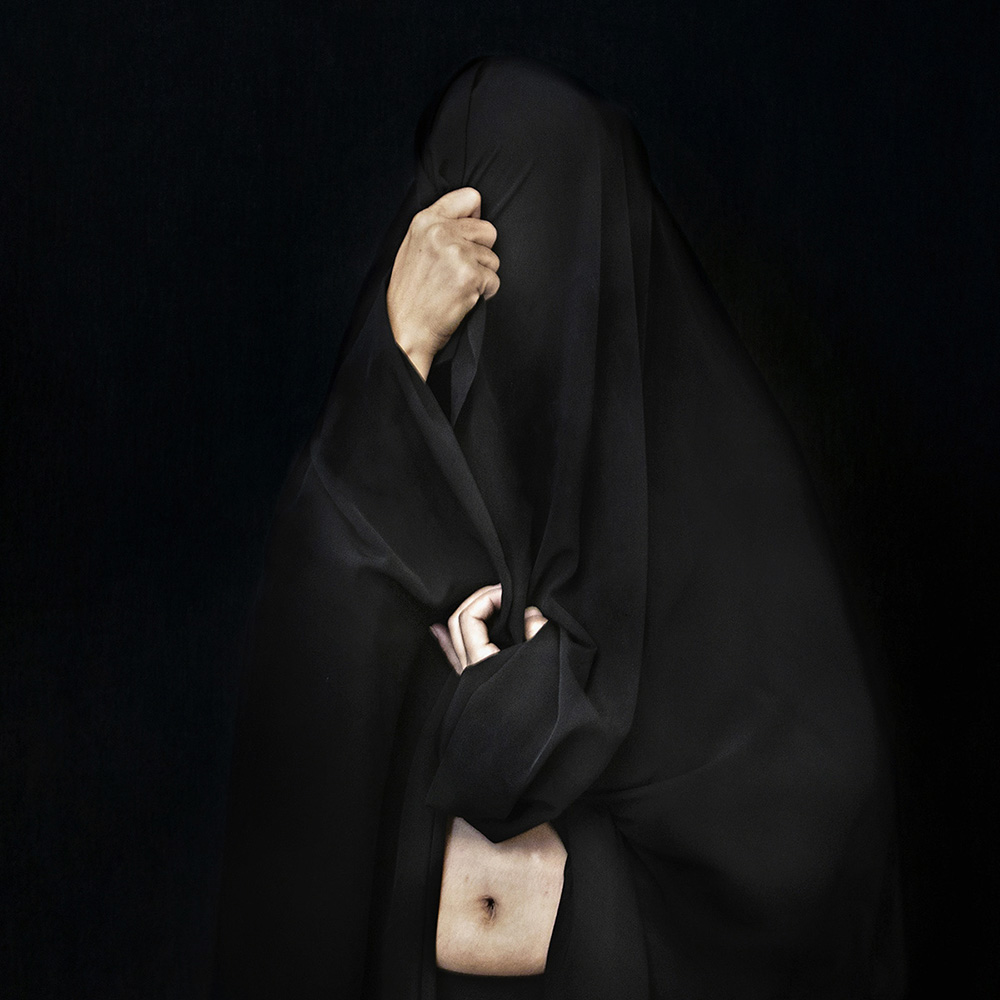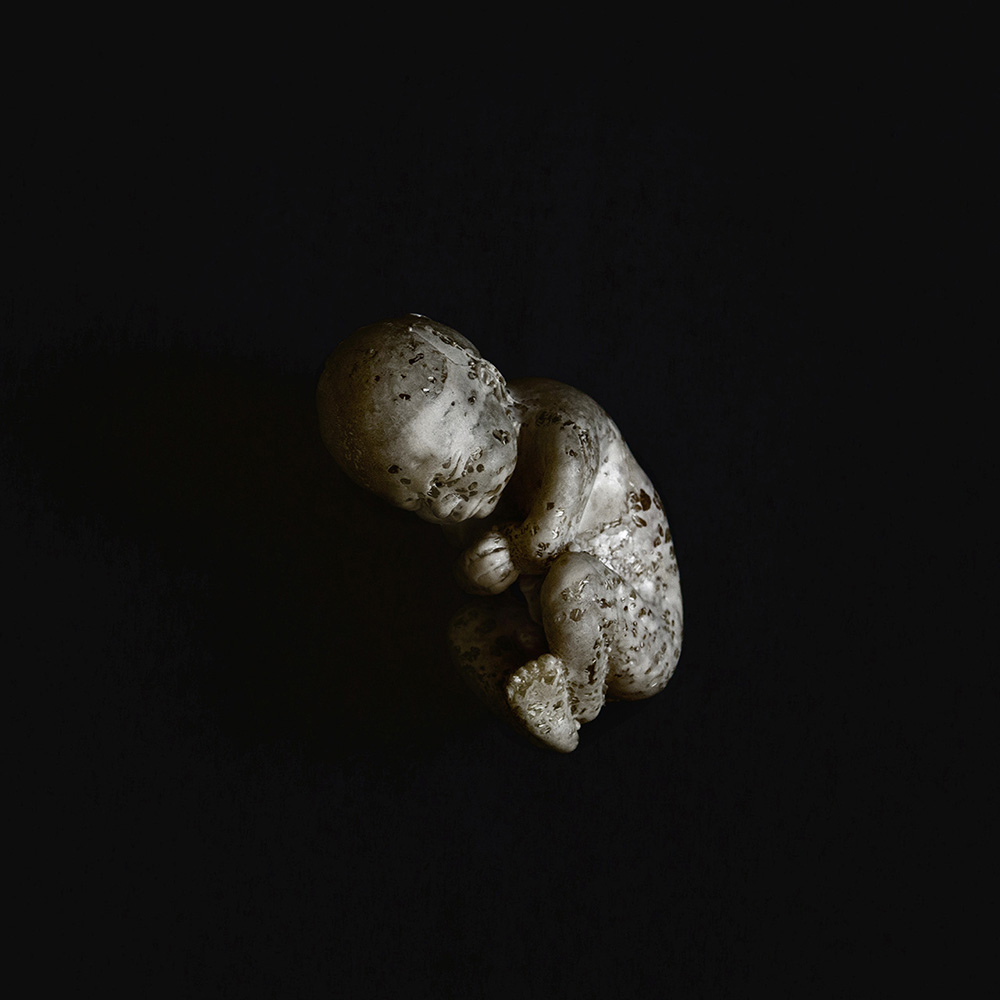childless
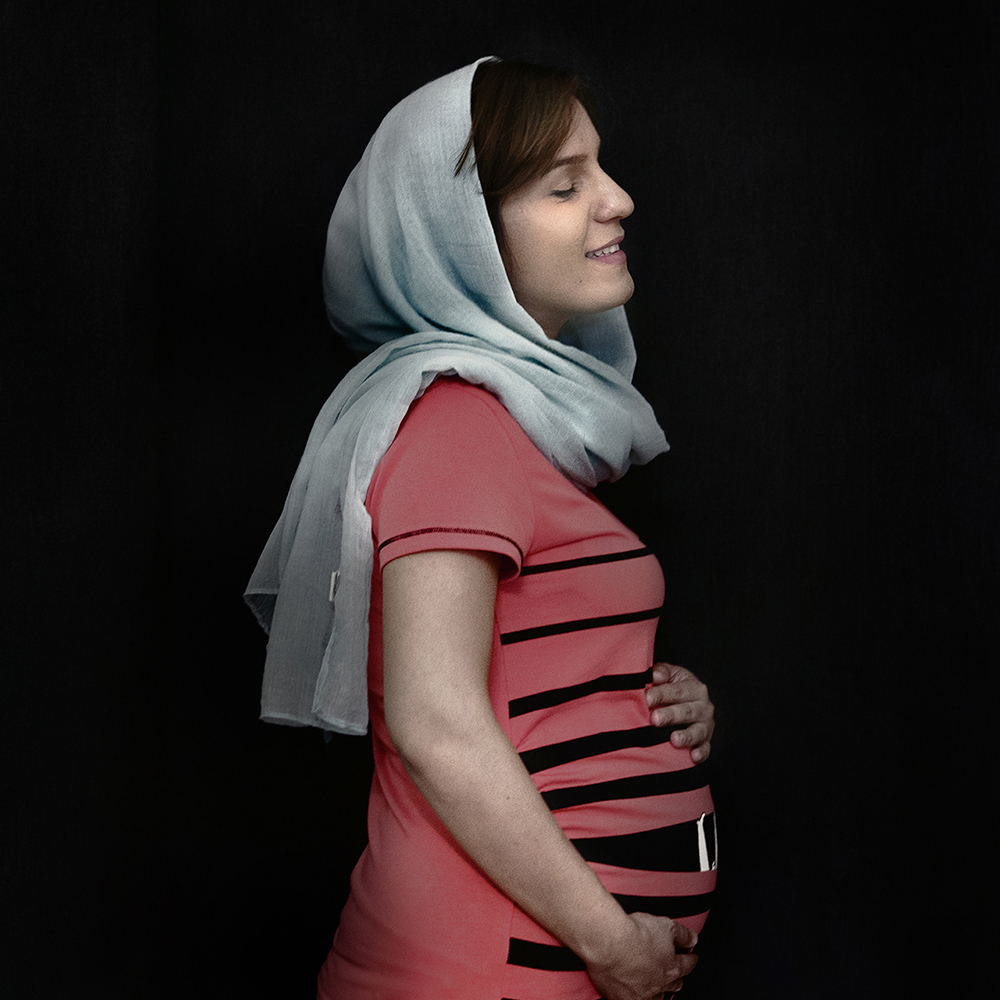
-
Photographerlaura aggio caldon
-
PrizesBronze in Editorial/Photo Essay
The first time I met Sarah was in her house on the outskirt of Tehran. Warmly she welcomed me offering a cup of tea. Calmly she began to talk: Having children is the priority in Iran. I was scared to be abandoned by my husband if could not give him a son. My mother-in-law could look for another wife for her son. Having children is the priority in Iran. She explains me about her difficulties to get pregnant. Describing the infertility treatments she had to go through that continue to fail, all drugs she took and when she told me about her decision to undergo In Vitro Fertilization (IVF). In Iran, like in almost all developing countries, the childbearing is considered a social valuable and a necessary condition for married women. According to the World Health Organization (WHO), about 8-12% of all couples are infertile worldwide. Infertility is defined as the inability to conceive after 12 months of unprotected intercourse. Asia Pacific Journal of Public Health (APJPH) in 2005 conducted a study to determine the prevalence of infertility. It showed that about a quarter (24.9%) of Iranian couples have experienced infertility at some stage of their marital life. This study results alarmed the Iranian country's Parliament. The Iran’s Supreme Leader, Ayatollah Syed Ali Khamenei, called for new population expansion policies in a speech broadcasted on the national TV in July 2012. Iranian Parliament responded by proposing two Bills that restricted birth control and access to jobs for childless women an effort to boost the population. According to a report published at the end of 2015 by Amnesty International, the two Bills allow discrimination against female job applicants, make divorce more difficult and discourage police and judicial intervention in family disputes, including those involving violence against women. Hasti, a 37 years old woman, said that her husband called her "useless" when he discovered she had infertility problems. Her husband refused to pay for the necessary medical expenses and he claimed Hasti's family had to pay. "My family helped me to pay for the medical bills" she said with a toothy smile "and now I am a mother." Currently, Iran has the most progressive stance toward infertility treatments and use of the Assisted Reproductive Technologies (ART) has been used more than any others Muslims countries. Despite this progressive stance, in the case of treatments like gamete donation, the risk of social impacts cannot be ignored. Mohammad Jalal Abbasi-Shavazi, professor of Demography at the University of Tehran, reported that gamete and embryo donation might result in a social mark. The research of Mohammad Jalal Abbasi-Shavazi has shown how Iranian women forced to accept the embryo donation may suffer from consequences, including emotional and physical abuse, abandonment, and divorce. A couple can be accused of committing adultery if they solved the problem of infertility by using donated gametes. Iran has liberal ideas about assisted reproduction techniques thanks to Shia interpretations of religious tenet and thanks to a policy of growth of births. However, this transition of the society from a traditional model to a modern one has caused many of the current problems, particularly in families. The decision to have a child is assumed to be a private act, but in Iran it is an intimate contract sanctioned by social, cultural, legal, and religious doctrines. So, infertile women may be victims of domestic violence, economic deprivation, social isolation and loss of their marital lives.
